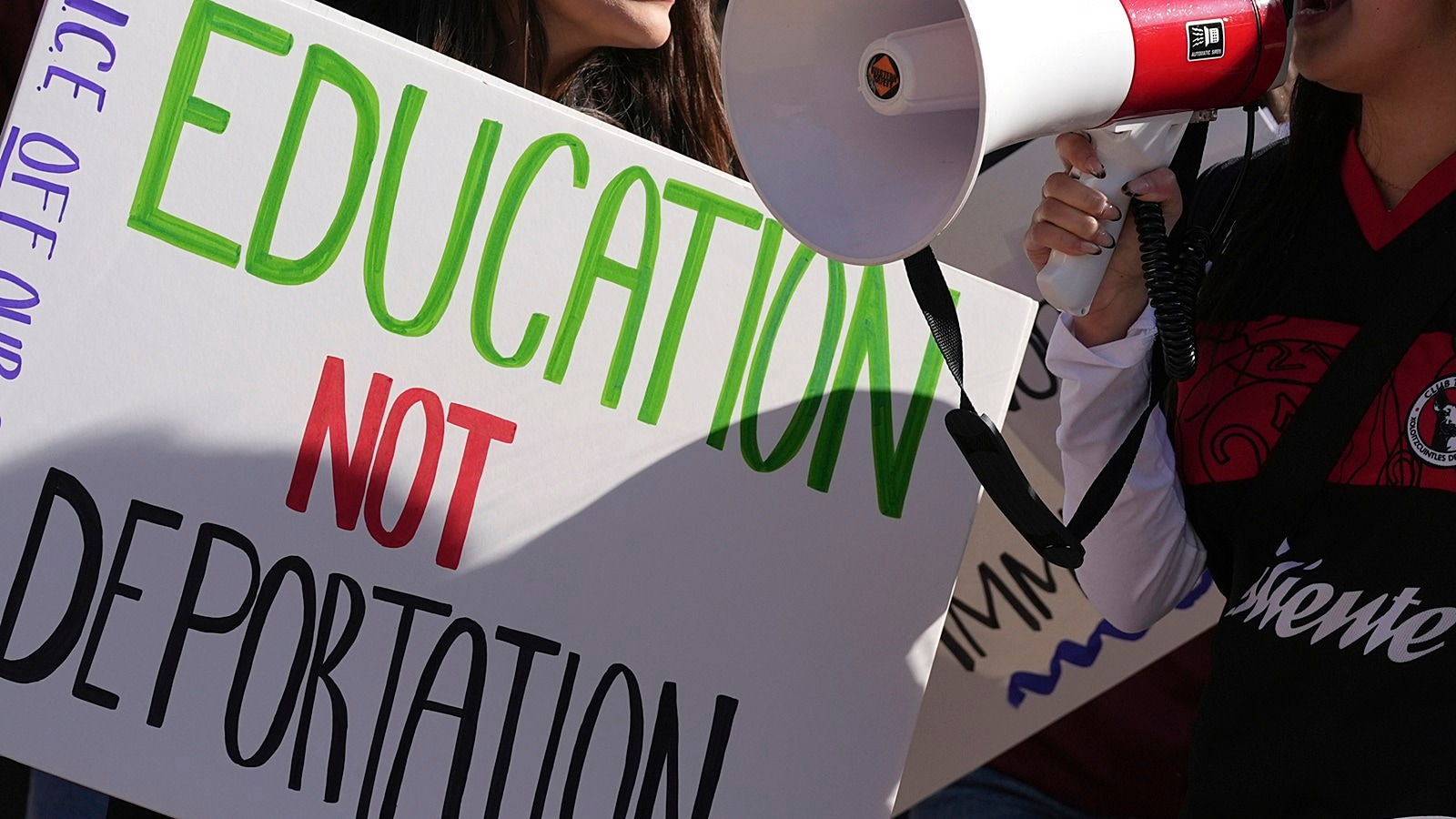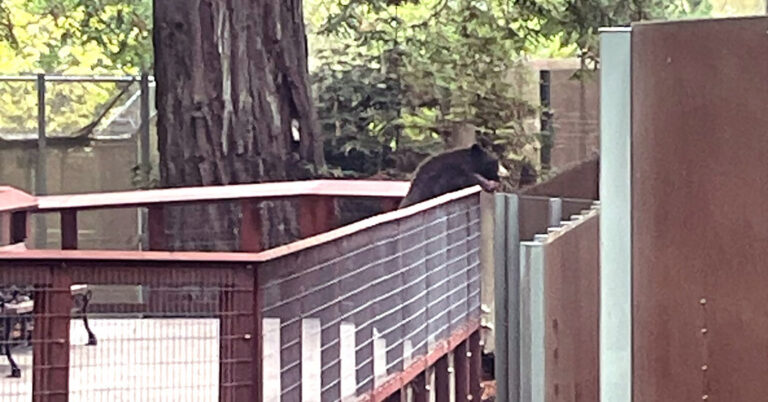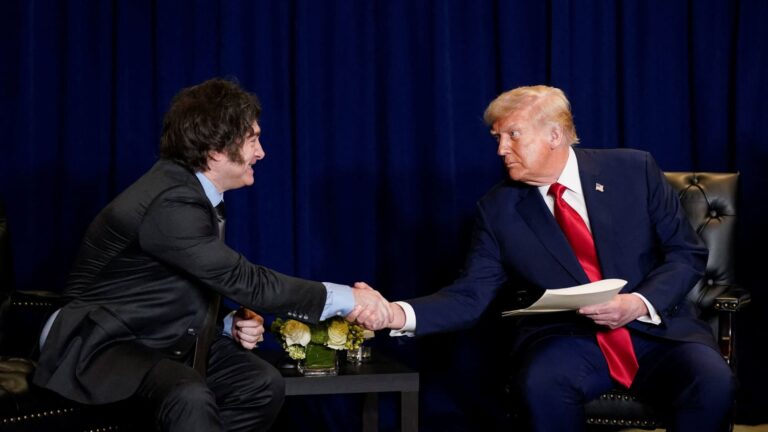“I couldn’t believe it. I refreshed the page three times and then called the helpline. They confirmed it — my SEVIS was restored,” he said. “But now I’m stuck in India. My visa is still revoked. I don’t know how to go back.”
The student had been briefly arrested in March following a housemate dispute that police initially logged as a case of family assault. When he appeared in court on March 20, he said he was told the case had not even been booked. But on April 4, his SEVIS record was terminated.
“I reached out to my university DSO and they said it was revoked because of the criminal charge. Even though there was no case,” he said. “I followed several immigration influencers who said Immigration and Customs Enforcement (ICE) had started detaining students and that it was better to leave voluntarily. My parents got scared. I panicked and left.”
His story is not isolated. In the last week of April, a quiet but significant shift began unfolding across the United States — and outside of it. SEVIS records of dozens of international students, most of them Indian nationals, are being reinstated — even in cases where students had not filed lawsuits. Many of these terminations stemmed from minor or dismissed infractions: speeding violations, dropped misdemeanor charges, or even mistaken identity.
But the path back to the US remains unclear. While SEVIS reinstatement may allow students to resume studies or work on OPT (Optional Practical Training), those who left the country now face a more complex hurdle: their US visas remain revoked and invalid for travel.
According to the American Immigration Lawyers Association (AILA), Indian students make up about 50% of the 327 international students whose F-1 visas were revoked in recent months. Indians also form the largest cohort of international students in the U.S., with 3.31 lakh enrolled in 2023–24 — nearly 29% of the total, according to Open Doors data.
Many of those affected say they were pressured to leave the US not just by formal notices, but by fear and misinformation spreading rapidly online.
Rahul Reddy, a Houston-based immigration attorney and partner at Reddy & Newman PC who is also a member of AILA, is currently in touch with “over 200 students most of them Indian and Chinese” said the wave of SEVIS restorations was triggered by mounting legal action — not any change in government approach.
“The reinstatement of SEVIS is entirely due to pressure from multiple lawsuits — not because the government suddenly developed goodwill towards students. Even students with minor infractions, like unpaid jaywalking tickets, saw their SEVIS records terminated. The courts were not pleased with how the government handled these cases, which is why SEVIS was restored. However, visa revocations were never challenged in court — and the State Department does have the authority to revoke visas.” Reddy said
“The issue now is that students whose visas were revoked and who left the US cannot return using the same visa. They must apply for a fresh visa stamp to re-enter. What made this situation worse was the threatening language in the visa revocation notices — unlike in the past, this time the consulates explicitly stated they were notifying DHS and ICE and even gave a link for students to ‘self-report.’ This scared many students into leaving the US” he said.
“Those still in the US with reinstated SEVIS can continue to stay and work if they have valid work authorization. But for students stuck in India, including those on OPT, the only way back is to go for a new visa stamping. The government has not reversed its decision on visa revocations, so their existing visas are invalid for travel.” Reddy added.
A 26-year-old woman from Hyderabad, who had completed her Master’s in Computer Science from Cleveland State University and was working on OPT, was booked in 2022 for shoplifting — a case that was dismissed earlier this year. Her SEVIS was terminated on April 6, and her visa revoked two days later.
“I was very scared. People were saying the cops were coming. So I booked a flight and flew back to Hyderabad,” she said. “Then on April 27, my DSO (Designated School Official) emailed me saying SEVIS was reactivated. But I don’t have a visa now. I haven’t even told my parents. We took a huge loan to send me there.”
A 27-year-old student from Texas on STEM OPT, recently selected in the H-1B visa lottery, saw his SEVIS terminated on April 9 for allegedly selling alcohol to a minor. His visa was revoked on April 14.
“My employer suggested I leave the US and process everything from India. I didn’t expect SEVIS to come back, but it did,” he said. “Now I’m in India, my visa is still revoked, and my H-1B processing is on hold.”
Another 25-year-old from North Carolina, who had come home on a personal visit in early April, discovered that his SEVIS had been terminated for a past misdemeanor while he was in India on his break. “I came home on leave, and then the unthinkable happened,” he said. “My DSO said I’d need to reapply for a visa. But since I’m on OPT, I doubt I’ll get it. I’ve taken huge loans. I can’t even tell my family. They’ll be heartbroken.”
A 26-year-old student from Delaware summed up the chaos many others expressed “We don’t know if we should join lawsuits, reapply for visas, or just wait. Everyone told us to leave — influencers, even lawyers. Now SEVIS is active, but we’re still stuck. If they fixed the SEVIS, why didn’t they fix the visa too?”
This student also added that they feared that DSOs would report their stay to ICE, further pressuring them to leave before they could explore legal options.
In response to queries from The Indian Express, a US State Department spokesperson said, “The Department of State is committed to protecting our nation and its citizens by upholding the highest standards of national security and public safety through our visa process. The Department revokes visas every day in order to secure America’s borders and keep our communities safe — and will continue to do so.”
The spokesperson further clarified “Visas and SEVIS are distinct parts of the process. SEVIS is managed by the Department of Homeland Security, while visas are adjudicated by the Department of State. Reinstating a SEVIS record does not reinstate a visa. Individuals must apply for new visas if theirs has been revoked.”
Despite the technical reinstatement of their SEVIS statuses, many students say their lives remain suspended — caught between two systems that do not speak to each other, and a promise that no longer feels real.
“I followed every rule. I studied hard, I worked legally, I appeared in court when needed. I believed in the system,” said the 25 year old from Telangana. “Now I sit in my room at home, with an active SEVIS record — but no way to return.”
“America promised an opportunity. What we got was fear, silence, and abandonment. We are not criminals. We are students. But the system treated us like we didn’t belong.”












